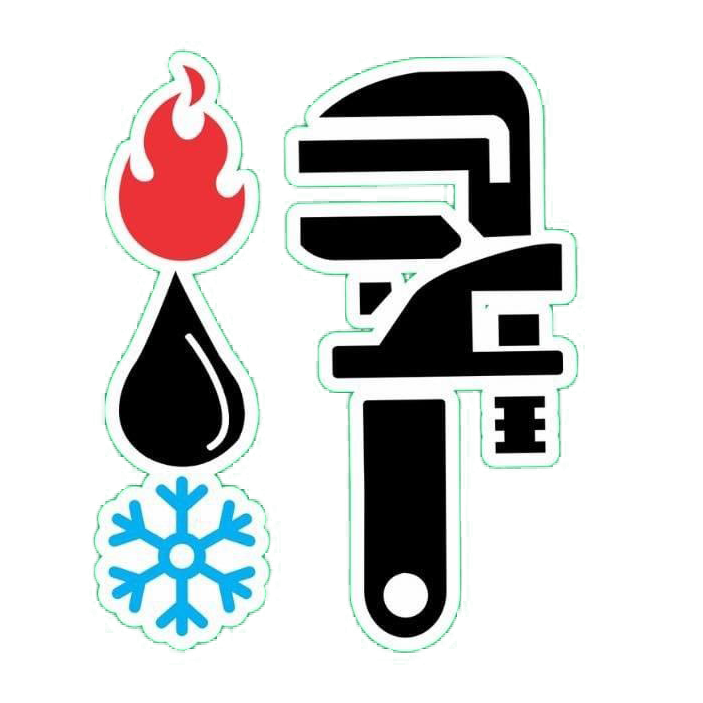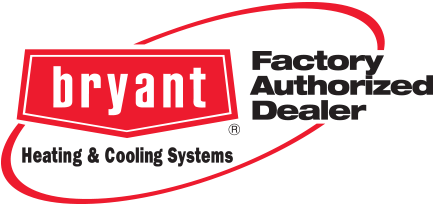FAQs
Level Green Plumbing & Heating, LLC
Have a plumbing- or HVAC-related question? Level Green Plumbing & Heating LLC has the answer. Check out these FAQs and give us a call today for more information!
-
According to Level Green Plumbing & Heating, what is the average life expectancy of HVAC equipment?
Most systems have a lifetime of 10 to 20 years. As your equipment gets older, its efficiency can decrease dramatically. You may notice that it gets noisier and needs repairs more often. When a unit begins to show its age, you have two choices. You can overhaul the system or replace it.
Because heating and cooling technologies improve over time, a new system designed with newer, more energy-efficient equipment makes sense, especially if your system is 10 or more years old. We can estimate the cost of a new system as well as a payback schedule that will show you how newer technology will pay you back in lower energy usage.
-
How often should I change my air filter?
At the risk of telling you something you're tired of hearing, replace the air filter in your furnace on a regular basis. Based on the experience of Level Green Plumbing & Heating, dirty air filters reduce the amount of air flowing through a system and make the furnace work harder to maintain the temperature. How often you change the filter depends on the type of filter you use, if you have pets, and the size of your equipment. Please give us a call and we can give you proper guidance.
-
Should I have my furnace and air conditioner serviced every year?
Yes. Keeping your system properly maintained will lower energy and repair costs, prevent breakdowns, and prolong the life of your equipment. Level Green Plumbing & Heating finds that neglecting necessary maintenance ensures a steady decline in air conditioning performance while energy use steadily increases.
-
How does Level Green Plumbing & Heating think I can reduce my energy costs?
Cooling
Upgrade to a high-efficiency air conditioner: Swapping your old, inefficient air conditioning system for a high-efficiency one can cut electricity bills by one-third. Consult one of our professional technicians to ensure your system is the right size for your home, and you aren't over- or under-cooling for your space needs.
Turn up the temperature: To save electricity during the summer, set the temperature above 75°. Every degree below this will add an extra 3 to 5 percent to your energy bill.
Install ceiling fans: Change the direction of the airflow on your ceiling fans. In the summer, the blades should operate in a counter-clockwise direction as a way of creating a nice, gentle wind.
Have annual maintenance performed: Having annual maintenance service performed on your air conditioner by a licensed technician will help ensure it operates at its peak efficiency and catches any potential breakdowns before they occur.
Don't block vents in well-used rooms: Keep your supply and return air vents free of objects like blinds, carpets, or furniture so your air conditioner can operate efficiently and there is even, cool air distribution.
Heating
Upgrade to a high-efficiency furnace: New high-efficiency furnaces use up to 50% less fuel than an older system. It can save you up to 25% of your home heating costs in 1 year, and within a few years, you'll have recovered the initial cost of replacing/upgrading your furnace. Choosing a model with an energy-efficient motor can save 20% to 50% of the energy needed to continuously operate a fan motor. Let us show you the advantages of replacing your old furnace today.
Have annual maintenance performed: Having annual maintenance service performed on your furnace by a licensed technician will help ensure it operates at its peak efficiency and catches any potential breakdowns before they occur.
Install a programmable thermostat: A programmable thermostat enables you to control your home's temperature when you're away or asleep. For every 1° you lower your thermostat for 7 hours per day, you save 1% on your heating bill.
Don't block vents in well-used rooms: Keep your supply and return air vents free of objects like blinds, carpets, or furniture so your furnace can operate efficiently and there is even heat distribution.
Install ceiling fans: Change the direction of airflow on your ceiling fans. In the winter, the blades should operate in a clockwise direction helping to push the warm air from the ceiling down into the room.
-
How can I reduce allergens and improve the air quality in my home?
With a high-efficiency air cleaner, you can remove up to 99% of the pollen and spores that find their way into the home. There is also a great reduction in household dust, dirt, smoke, and other air pollutants. Your indoor air will become cleaner and fresher while reducing the allergens and dust that circulate throughout the house.
With a whole-house humidifier installed by Level Green Plumbing & Heating, you can relieve the irritating discomfort of dry indoor air. The humidifier reduces itchy skin, scratchy throats, static electricity, and damage to your furnishings and woodwork. Since humid air feels warmer than dry air, you do not have to set the thermostat as high to feel the comfort you want. A lower thermostat setting will reduce the costs of your energy bill.
-
Why should I switch to a high-efficiency air filter?
Proper air filtration is just as important to the health of your heating and cooling system as it is to the health of your family. Without proper filtration, dust and dirt can build up on your system, which impacts operation and efficiency. A high-efficiency filter will remove more dust, dirt, pollen, mold, and other particles from the air. If you suffer from allergies or other respiratory problems, you should strongly consider a high-efficiency filter from Level Green Plumbing & Heating. No matter what type of filter you have, make sure you change it regularly.
-
Can carbon monoxide build up in my home?
Yes. Each year, carbon monoxide kills more than 200 Americans and sends nearly 5,000 more to emergency rooms for treatment, reports the U.S. Consumer Product Safety Commission (CPSC). Where does it come from? When carbon-based fuels such as gas, oil, kerosene, or wood burn, they produce gases. When fuel combustion or burning isn't complete, carbon monoxide enters the air.
The CPSC advises that carbon monoxide detectors are the only way to alert yourself to the presence of toxic gas in your home. If you wake in the night with a headache - and especially if another member of the family complains of a headache or is difficult to arouse - get out of the house fast and seek medical help. Level Green Plumbing & Heating recommends carbon monoxide detectors be installed in your home!
-
Why should I purchase a service agreement from Level Green Plumbing & Heating?
Without warranty coverage, a breakdown can mean significant expense in parts, labor, or both. However, with one of our service agreements, you avoid that unexpected significant expense. While no warranty can guard against every possible problem, we can explain the broad range of protection our service agreements afford.
-
Can Level Green Plumbing & Heating tell me what the energy factor (EF) on my water heater means?
The water heater energy factor (EF) is a measure of the overall efficiency of the water heater. This is determined by comparing the energy in the heated water used daily to the total daily energy consumption of the water heater. The EF can be used to compare the energy efficiency of water heaters. Water heaters with higher EFs will have lower annual operating costs than comparable models with lower EFs. A higher EF signifies a more efficient model. Water heaters with high EF ratings may cost more initially, but save energy and money in the long run. Eventually, they will pay for themselves through a lifetime of energy savings.
-
What factors contribute to a high water bill other than leaking faucets and/or pipes?
Based on the experience of Level Green Plumbing & Heating, most leaks in residential plumbing systems are found in the toilet tank. These leaks typically result from worn parts or improper alignment of some part of the flushing mechanism. It is important to find and stop these leaks because they will cause an increase in your monthly water bill.
service Area
HVAC Contractor LIC: #PA002275
Allegheny County, PA Master Plumber LIC: HP#3991
Westmoreland County, PA Master Plumber LIC: HP#169
Business Hours
- Mon - Fri
- -
- Sat - Sun
- Closed




Share On: